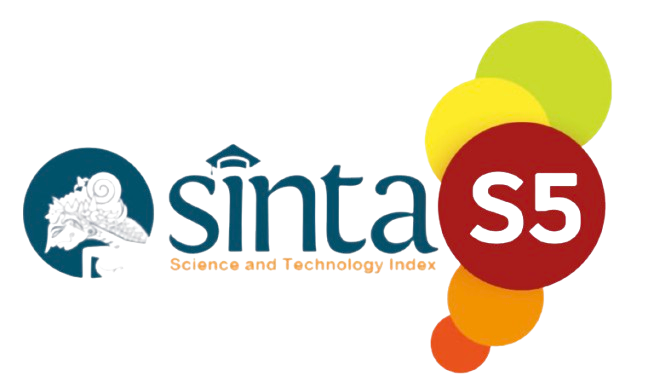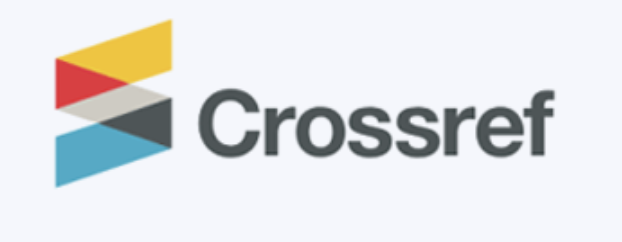The Correlation between Diction Mastery and Carefulness with Students' Writing Ability
Keywords:
diction, punctuation, and persuasive writing skillsAbstract
This study aims to determine the correlation between diction and punctuation mastery with the student's writing ability. The method used in this study is the correlational method, which is to find out and describe the relationship between diction mastery and persuasive writing ability, the relationship between punctuation mastery and persuasive writing ability, and the relationship between diction and punctuation mastery and students' writing ability. The results of this study are 1) There is a positive and significant relationship between mastery of diction and t students' writing ability with the correlation coefficient = 0.483, while the contribution given by the variable mastery of diction to students' writing ability is 23,329% and the remaining 76,671% is determined by other factors/variables; 2) There is a positive and significant relationship between the mastery of punctuation and the students' writing ability with a correlation coefficient of r = 0.829, while the contribution given by the variable mastery of punctuation to students' writing ability is 68.724%, then the remaining 31.276% is determined by other factors/variables; 3) There is a positive and significant relationship between mastery of diction and punctuation with students' writing ability with a correlation coefficient of R = 0.848, while the contribution given is 71.91%, then the remaining 28.09% is determined by other variables/factors. These results show that the variable mastery of diction and punctuation has strongly influenced the students' writing ability.
References
Ahmadi, Abu. (2008). Psikologi Belajar Edisi Revisi. Jakarta: Rineka Cipta.
Apriyanti, E. ., Sutiyono, A. ., Rohana, R., & Wiratno, P. . (2018). The Corelation of Reading Interest and Diction Mastering with Quick Reading Skills . IJLHE: International Journal of Language, Humanities, and Education, 1(1), 67–78.
Fitriyani, D. (2015). Penguasaan kalimat efektif dan penguasaan diksi dengan kemampuan menulis eksposisi pada siswa SMP. Jurnal Pesona, 1(2).
Gorys, Keraf. (2003). Argumentasi dan Narasi. Jakarta: PT Gramedia Pustaka
Huot, B. (2003). Rearticulating writing assessment for teaching and learning. University Press of Colorado.
Luu, T. T. (2011). Teaching writing through genre-based approach. BELT-Brazilian English Language Teaching Journal, 2(1).
Rose, D. (2009). Writing as linguistic mastery: The development of genre-based literacy. The SAGE handbook of writing development. London: SAGE, 151-166.
Singgih, M. ., Surastina, S., Hastuti, H., & Herlisya, D. . (2018). The Use of PUEBI in Exposition Compositions in 5th Grade Students of SDN 2 Gunung Terang Bandar Lampung. IJLHE: International Journal of Language, Humanities, and Education, 1(1), 53–60.
Sudjana. (2005). Metode Statistika. Bandung: Tarsito.
Thompson, I. (2012). Stimulating reluctant writers: A Vygotskian approach to teaching writing in secondary schools. English in Education, 46(1), 85-100.














